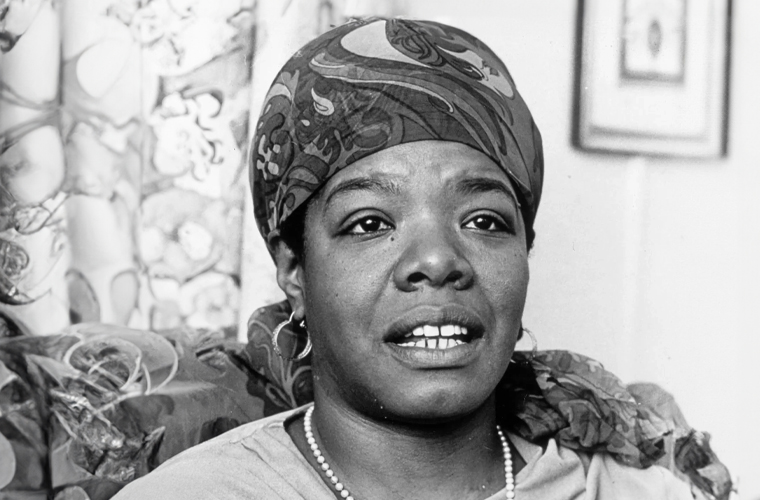Maya Angelou was an influential American author, poet, and civil rights activist. Born on April 4, 1928, in St. Louis, Missouri, Angelou overcame a challenging childhood to become one of the most celebrated and respected literary figures of the 20th century. Angelou’s early years were marked by hardship and adversity. After her parents’ marriage ended, she and her brother were sent to live with their grandmother in Stamps, Arkansas. It was here that Angelou experienced the racial discrimination and prejudice that would later become recurring themes in her writing. Despite these obstacles, Angelou found solace in literature and developed a love for storytelling and poetry.
In her late teens, Angelou moved to San Francisco, where she pursued a career in performance arts. She became the first African American female cable car conductor in San Francisco and later toured Europe as a dancer and singer. These experiences exposed her to a diverse range of cultures and perspectives, which would greatly influence her writing.
Angelou’s literary career began in the 1950s when she joined the Harlem Writers Guild and became involved in the civil rights movement. She published her first autobiography, “I Know Why the Caged Bird Sings,” in 1969, which received widespread acclaim for its candid portrayal of her experiences growing up in the segregated South. The book catapulted Angelou to literary fame and solidified her reputation as a powerful voice for social justice. Throughout her career, Angelou continued to write prolifically, producing poetry, essays, and autobiographies that explored themes of identity, resilience, and the human experience. Her work resonated with readers around the world and earned her numerous accolades, including the Presidential Medal of Freedom and the National Medal of Arts.
In addition to her literary contributions, Angelou was also a prominent activist and advocate for civil rights. She worked closely with leaders such as Martin Luther King Jr. and Malcolm X, using her platform to speak out against racial injustice and inequality. Her courage and unwavering commitment to social change inspired countless individuals and left an indelible mark on American history.
Maya Angelou’s impact on literature and social activism is immeasurable. Her eloquent prose and powerful storytelling have left an enduring legacy that continues to inspire and uplift readers of all ages. Through her writing and advocacy, Angelou challenged societal norms and paved the way for future generations of writers and activists. Her contributions to American culture and her unwavering dedication to justice make her a towering figure in the pantheon of literary and civil rights icons.


